A Virtual Private Network (VPN) is a great tool for protecting your online privacy, but many users worry about how it affects their internet speed. Using a VPN sends your internet traffic through an encrypted tunnel to a remote server, which can sometimes slow things down. However, this isn’t always the case. Understanding the factors at play, from server distance to encryption, can help you enjoy both top-tier security and a fast, smooth online experience.
Why a VPN Can Slow Down Your Internet Connection
The primary reason a VPN might reduce your internet speed is the process of encryption. When you connect to a VPN, all of your data is scrambled for security. This process takes time and processing power on your device.
After your data is encrypted, it doesn’t go directly to its destination. Instead, it travels to a VPN server first, which could be thousands of miles away. The server then decrypts your request and sends it to the website you want to visit. This extra step in the journey, known as rerouting, naturally adds a small delay, or latency, to your connection.
Think of it like sending a package. Sending it directly is fast. But if you first send it to a secure facility to be put in a locked box before it goes to its final destination, it will take a bit longer. The security is worth the minor delay, but it’s important to understand why it happens.
Key Factors That Affect Your VPN Speed
Several elements combine to determine the final speed you experience when using a VPN. It’s not just one single thing, but a combination of factors that can either maintain your speed or cause a noticeable slowdown. Understanding these can help you troubleshoot any issues.
The performance of a VPN isn’t just about the software; it’s heavily influenced by the provider’s infrastructure. A reputable VPN service invests in high-quality servers and networks to minimize speed loss for its users.
Here are some of the most critical factors:
- Server Distance: The physical distance between you and the VPN server is crucial. Data has to travel, and longer distances mean higher latency, which you perceive as slowness.
- Server Load: If too many people are connected to the same VPN server at once, it becomes congested. This is like a traffic jam on the internet, and it will slow down the connection for everyone on that server.
- Your Base Internet Speed: A VPN cannot make your internet faster than what you pay your Internet Service Provider (ISP) for. If your starting connection is slow, the VPN will be slow too.
Additionally, some free or low-quality VPNs may intentionally limit your bandwidth to encourage you to upgrade to a paid plan.
The Role of VPN Protocols and Encryption
Not all VPNs are built the same way. The underlying technology, known as a VPN protocol, plays a massive role in both security and speed. Protocols are the set of rules that determine how the secure tunnel between your device and the VPN server is created.
Older protocols might be less secure or slower, while modern protocols are designed to be lightweight and efficient. For example, WireGuard is a newer protocol widely known for delivering excellent speeds without compromising on security. In contrast, a protocol like PPTP is fast but considered very insecure by today’s standards.
The strength of the encryption also matters. Stronger encryption, like AES-256, offers military-grade security but requires more processing power, which can slightly impact speed. Many VPNs allow you to choose your protocol, giving you the power to find the right balance for your needs.
| Protocol | Typical Speed | Security Level |
|---|---|---|
| WireGuard | Fastest | Very High |
| OpenVPN | Fast | Very High |
| IKEv2/IPsec | Fast | High |
| L2TP/IPsec | Moderate | Good |
How a VPN Can Sometimes Increase Your Internet Speed
It might sound strange, but in certain situations, a VPN can actually make your internet connection faster. This happens when you are a victim of something called ISP throttling.
Internet Service Providers (ISPs) sometimes intentionally slow down your connection based on what you’re doing online. They might throttle your speed if they detect activities that use a lot of data, such as streaming high-definition video, online gaming, or downloading large files. They do this to manage network congestion for all their customers.
Because a VPN encrypts your traffic, your ISP can’t see what you are doing online. They can see that you are using a VPN, but they cannot see the specific websites you visit or the services you use. By masking your online activities, a VPN can effectively bypass ISP throttling, leading to a faster and more consistent speed for those activities. This is one of the lesser-known but highly valuable benefits of using a quality VPN service.
Practical Tips to Optimize Your VPN Performance
If you’re experiencing slow speeds with your VPN, don’t worry. There are several simple steps you can take to improve your connection and get the best performance possible. A few small adjustments can often make a big difference.
The easiest and most effective fix is often just to change the server you are connected to. Most VPN providers offer a “quick connect” or “optimal location” feature that automatically selects the best server for you based on distance and load.
Here are a few steps you can follow to boost your speed:
- Choose a Server Closer to You: As a general rule, the closer the server, the faster the connection. Try connecting to a server in a nearby city or country.
- Switch Your VPN Protocol: Go into your VPN app’s settings and see if you can switch protocols. If available, try using WireGuard or IKEv2 for better speed.
- Use a Wired Connection: Wi-Fi is convenient, but a physical Ethernet cable connecting your device to your router will almost always provide a faster, more stable connection.
- Temporarily Disable Your Firewall: Sometimes, local firewalls or antivirus software can interfere with a VPN connection. Try disabling them briefly to see if your speed improves.
Choosing a VPN for Optimal Speed
When your goal is to have a fast internet experience, the VPN provider you choose matters immensely. Not all services are created equal, and some prioritize speed and performance much more than others.
Look for a VPN provider with a large, global network of servers. More servers in more locations mean you are more likely to find one that is close to you and not overcrowded. This reduces latency and prevents slowdowns caused by server congestion.
Also, check what features the VPN offers to enhance speed. Features like split tunneling can be very useful, as they let you choose which apps use the VPN and which connect directly to the internet. For example, you could route your browser through the VPN for security while letting your online game connect directly for the lowest possible ping. Reading recent reviews that specifically test for speed and performance is also a great way to make an informed decision.
Frequently Asked Questions
How much internet speed loss is normal with a VPN?
A speed loss of 10-20% is considered normal for a high-quality VPN. However, this can vary greatly depending on the server distance and protocol you use. If you connect to a nearby server, you may notice almost no slowdown at all.
Will a free VPN be slower than a paid one?
Yes, almost always. Free VPNs often have fewer servers, which leads to overcrowding and slower speeds. They also may cap your bandwidth and sell your data to make money, which defeats the purpose of using a VPN for privacy.
Can I use a VPN for gaming and streaming without lag?
Absolutely. By choosing a premium VPN with a large server network and fast protocols like WireGuard, you can game and stream with minimal impact on speed. A VPN can even improve your experience by bypassing ISP throttling.
What is the fastest VPN protocol available?
WireGuard is currently considered the fastest and most modern VPN protocol. It is designed to be much more efficient than older protocols like OpenVPN, offering significant speed improvements without sacrificing security.
Does connecting more devices to the VPN slow it down?
Connecting multiple devices to the same VPN account won’t slow down the VPN itself, but it will share your home’s total internet bandwidth. If many devices are performing data-heavy tasks at once, your overall speed for each device will naturally decrease.

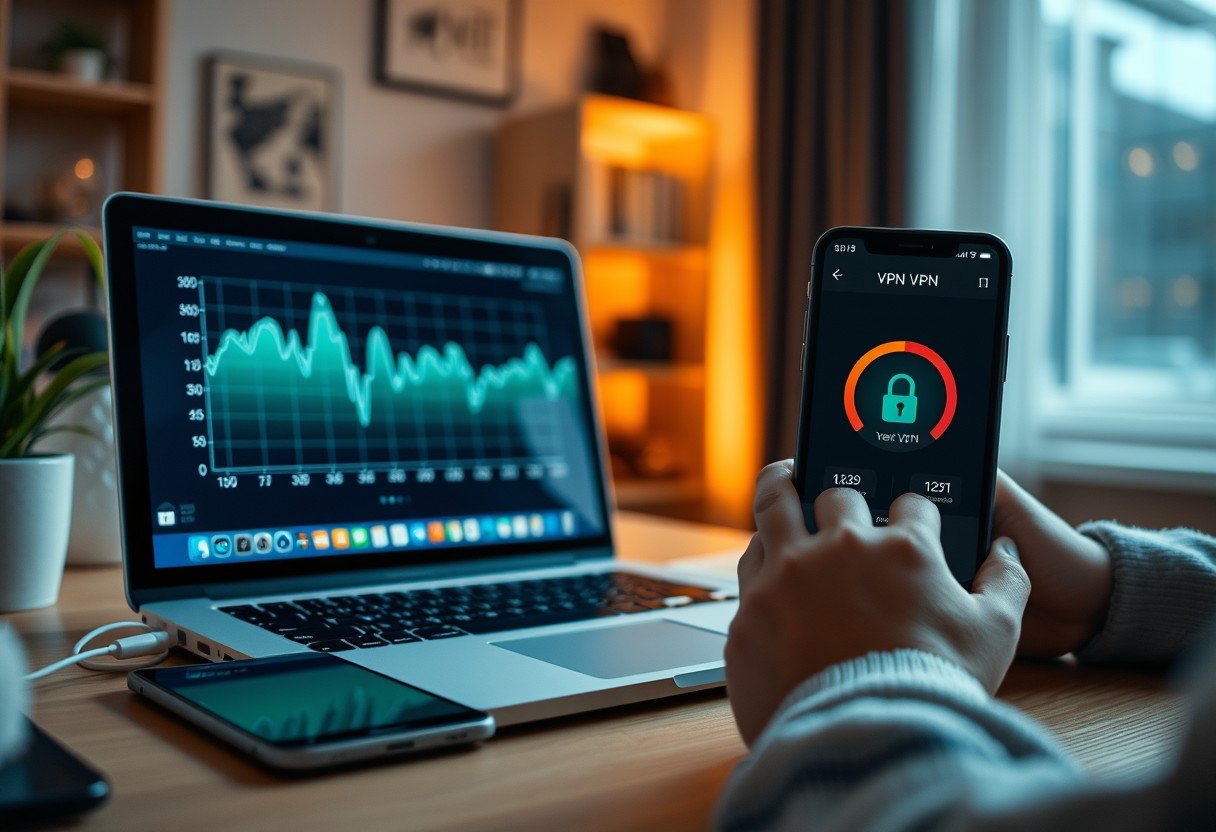
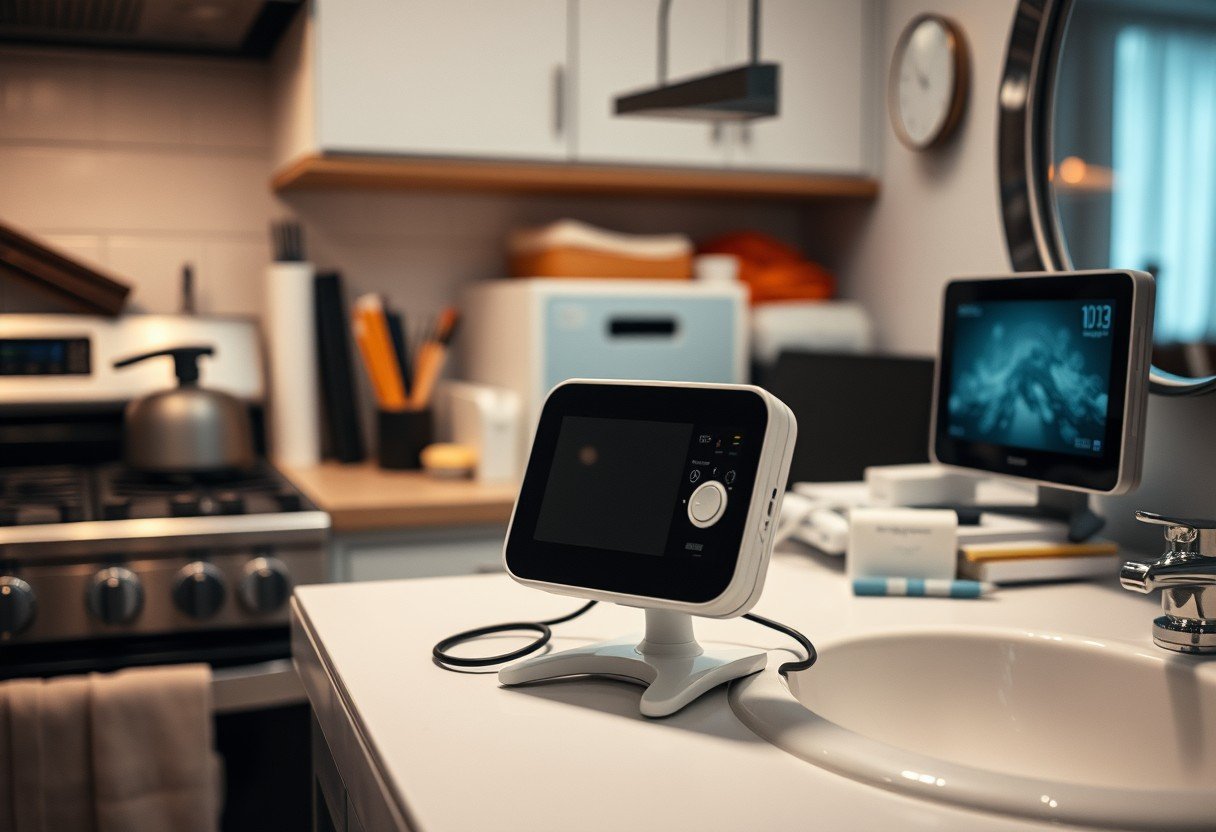
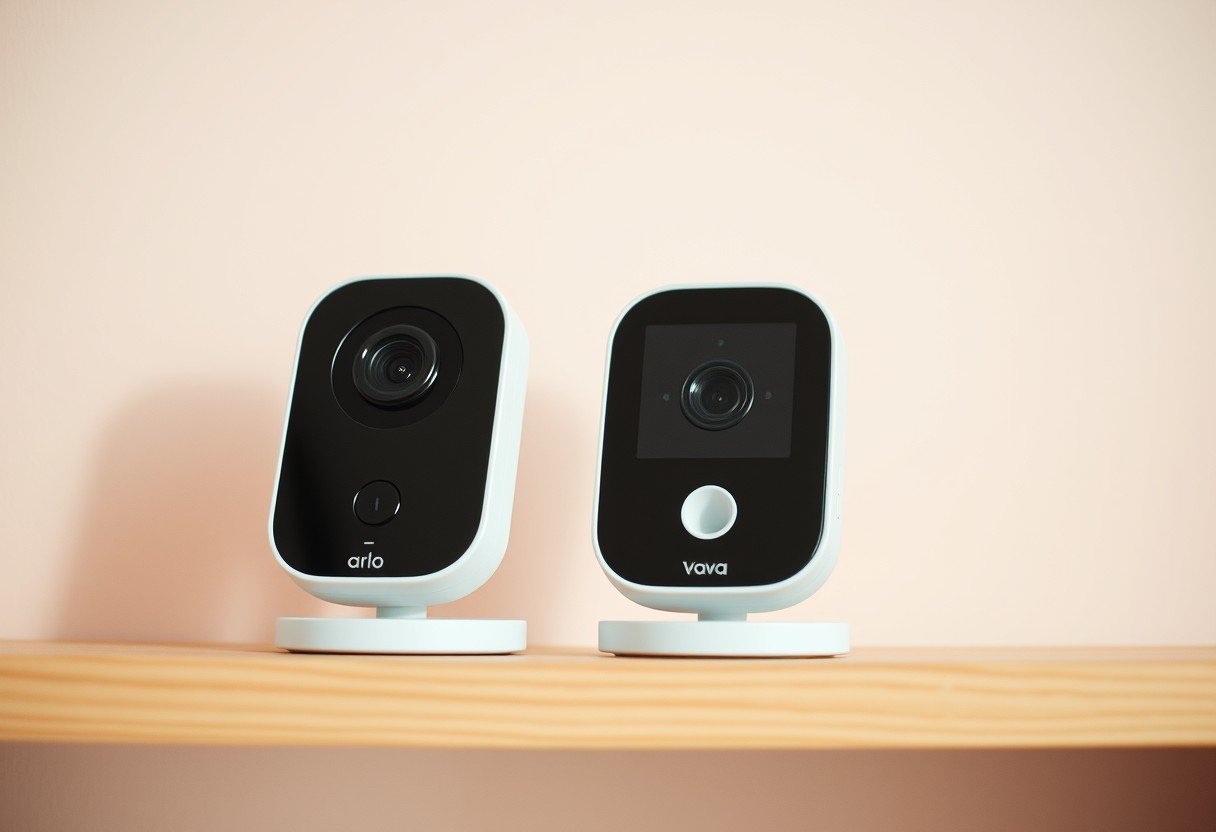

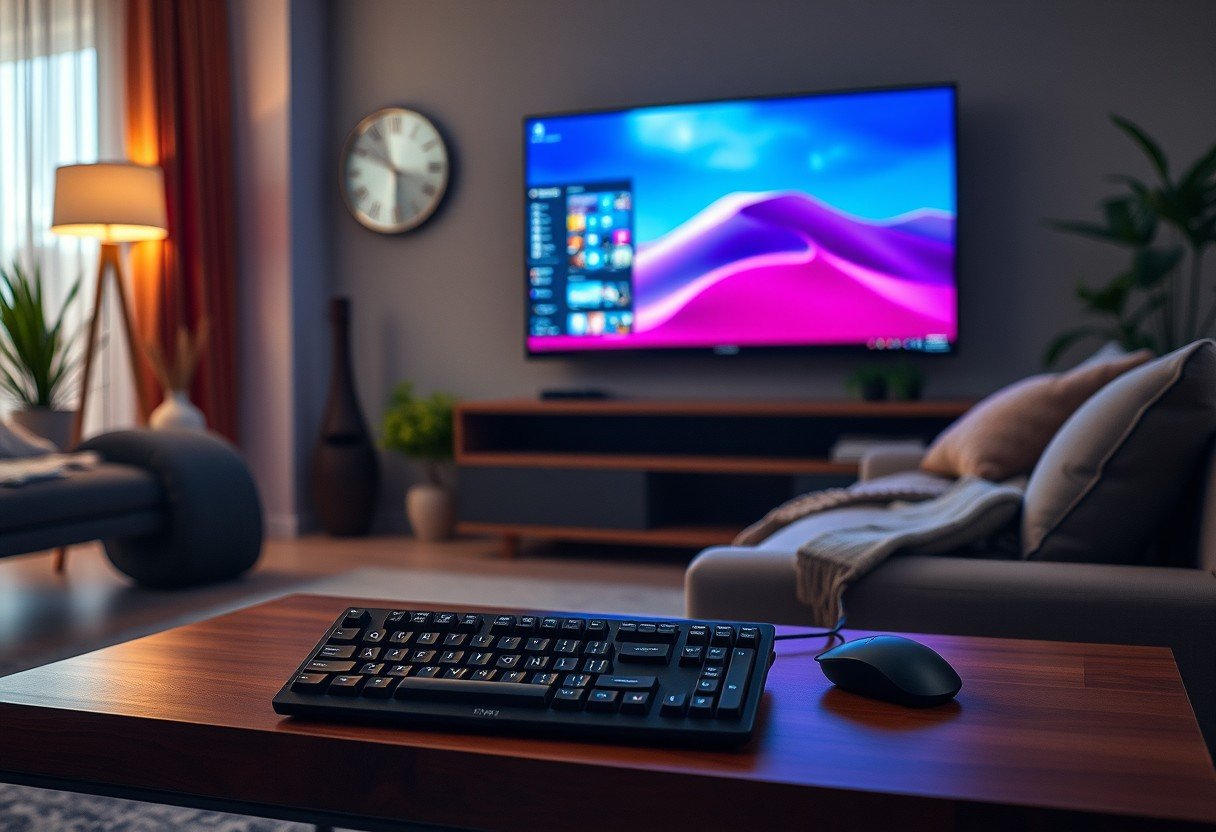
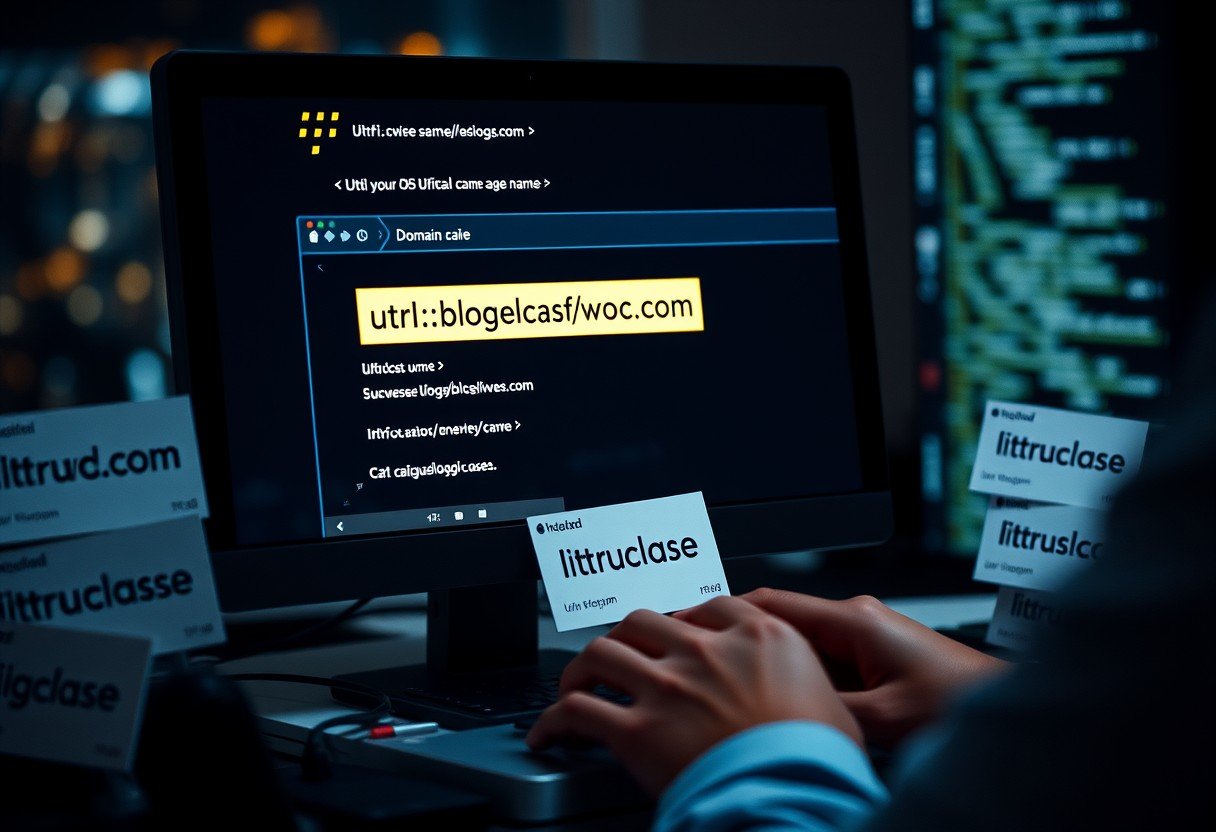
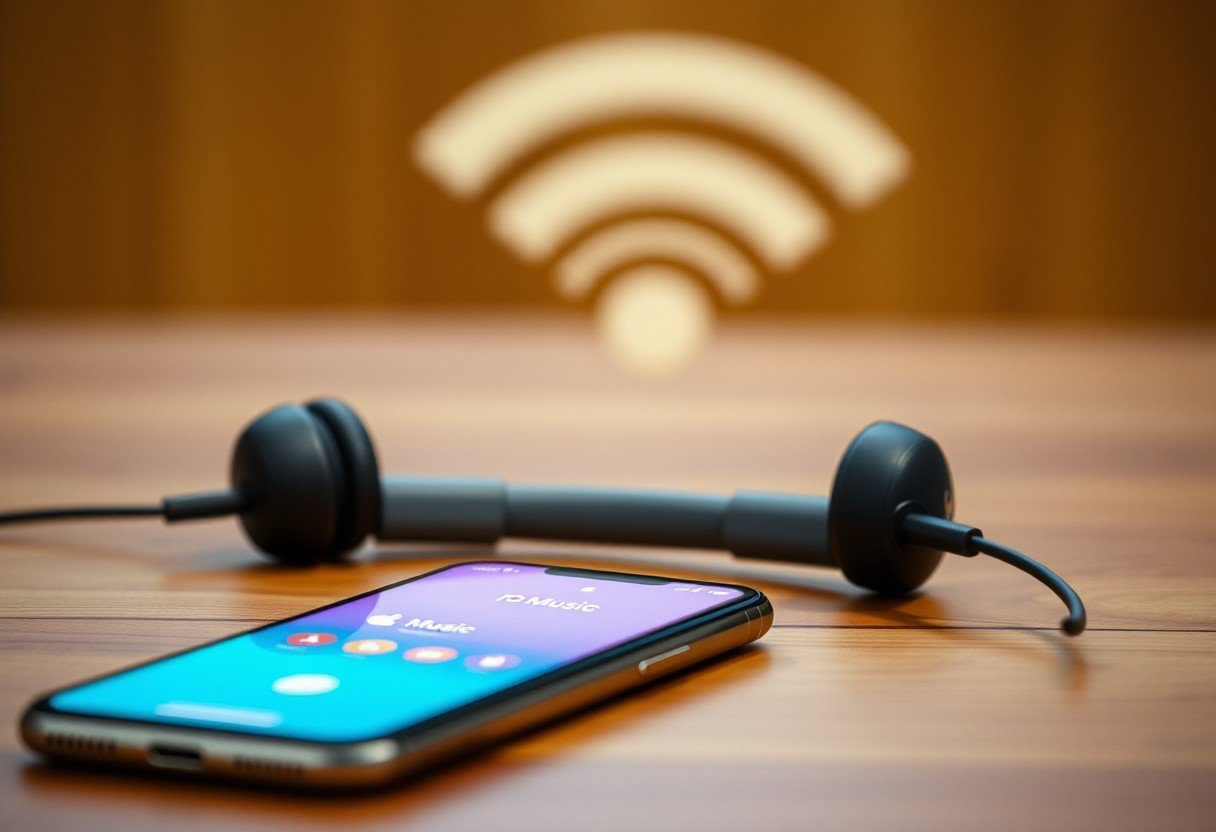
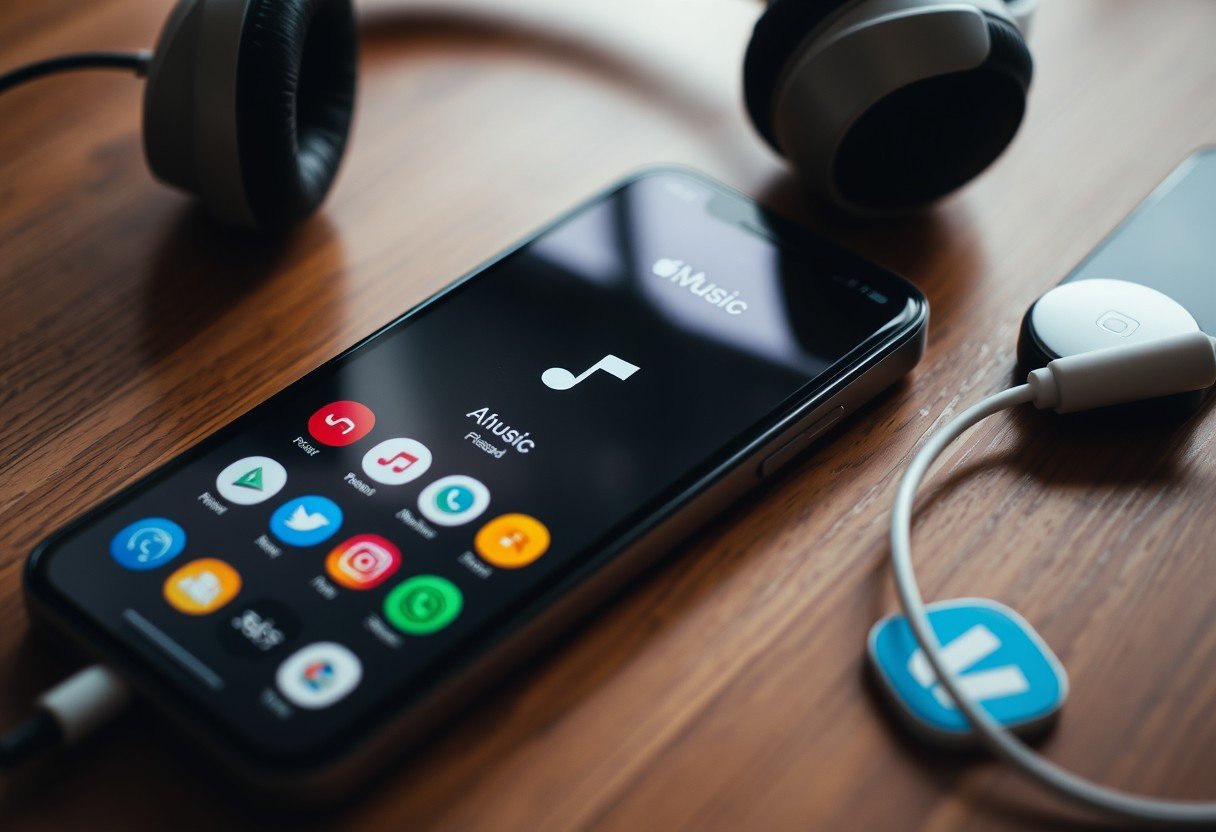
Leave a Comment